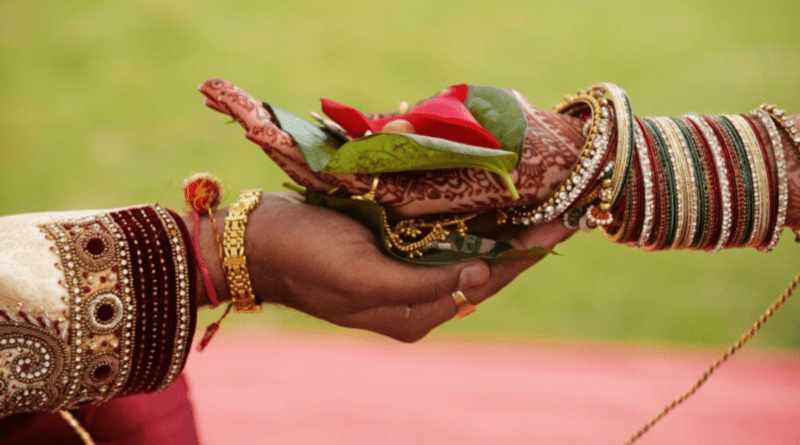The Amazing Indian Matchmaking Is Made Cool Again
During the peak of the COVID-19 outbreak, viewers worldwide were captivated by the Netflix reality series “Indian Matchmaking.” Whether they were Indian or not, viewers couldn’t help but cheer for the opulent and utterly infatuated couples that Sima Taparia, “Mumbai’s premier matchmaker,” paired them with.
You can’t expect a perfect match. You should move forward if 60–70% of your requirements are satisfied, Taparia advised viewers.
2020 was that year. Four years later, Taparia’s opinions continue to dominate the Indian diaspora debate. Many argue that they are unduly orthodox, especially in the context of marriage matchmaking. Taparia is charged with telling accomplished young women they are “too picky” and encouraging them to cave in to the endless requests and occasionally overt acts of colorism made by young males.
Despite its shortcomings, “Indian Matchmaking” managed to elevate the centuries-old custom and, according to Indian matchmakers, contribute to its resurgence in the US.
As CEO of the 2017-founded U.S. dating company BanyanWay, Aparna Basker stated that it simply required a gentle prod. She declared, “Something about the current dating system is broken.” “For this reason, they are going back to what they know—something that has long been effective in India.”
An estimated 93% of marriages in India are planned by parents or paid matchmakers, who both frequently emphasise a prospective spouse’s geography, family history, and level of education. This information comes from a 2018 survey. Advocates of arranged marriages prefer to remind people that India has the lowest divorce rate globally.
Hindu diaspora millennials continue to hold onto what organisations like Vows for Eternity would refer to as misunderstandings. Vows for Eternity, marketed to “elite Indians” in the United States, the United Kingdom, Canada, Australia, and India, seeks to debunk the misconceptions associated with contemporary matchmaking. Instead of only considering accomplishments and outward appearances, the organisation connects people based on “mindsets, values, and personalities.”
Head of business operations at Vows for Eternity Rachna Prasad stated, “The impression that young people have about matchmakers is that it’s going to be some aunty who’s going to introduce you to four boys, and then your parents are going to ask you what you think after you’ve met the boy three times.”
According to Prasad, apps have also increased users’ susceptibility to “ghosting,” which can undermine optimism and self-worth.
People “feel they’ve lost time” since the outbreak, according to Prasad. Because they’ve come to realise that it’s acceptable to seek help, individuals are flocking to locations like us after becoming weary of scrolling through the applications.
According to Basker of BanyanWay, marriage in Indian culture is a family matter. Parents search far and wide for their child’s ideal mate because a wedding is a “once-in-a-lifetime” occasion that lasts three or more days for both Muslims and Hindus.
That’s why it can be helpful to have a matchmaker who can verify parents’ “awkward” criteria, including their religious background or food preferences.
According to Basker, the majority of young Indian Americans are still getting married in their community. However, she added, a lot of people find it difficult to find love and win their parents’ approval. BanyanWay aims to blend the independence that young Americans desire with a family-focused approach. It provides a mobile app for singles and a corresponding website for families.
She claimed that she frequently witnesses a “transformation” to maturity in her customers as a result of the matchmaking process.
Nevertheless, love frequently takes a backseat for aspirational American offspring of Hindu Indian immigrants, who comprise the highest-earning cohort in the country, according to Baskar and Prasad. According to them, a lot of people who contact matchmakers have never been in a relationship. They have never “fallen multiple times to get up and learn to work better,” as Baskar puts it.
The largest South Asian dating event in the world, the Mohan Matchmaking Convention, is helping high-achieving Indians put themselves out there. “Matchmaking conventions have a bad reputation,” stated Anip Patel, the founder of Mohan Matchmaking, which held its second annual event in New York early in February. The convention seeks to dispel the notion that these kinds of events draw a “certain kind” of person by implementing a highly selective application process that reduces the pool of 12,000 candidates to 1,000, he said.




